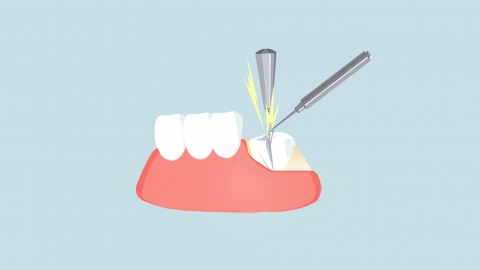Can patients with nephritis have a tooth extracted?
When nephritis is stable and all indicators are normal, tooth extraction may be considered after evaluation by a physician. However, during an acute flare-up or when clinical indicators are abnormal, tooth extraction is not recommended; priority should be given to controlling the underlying condition. If oral pain, gum swelling, or other issues occur, prompt medical attention is necessary to avoid delays that could complicate treatment.

If a patient with nephritis has maintained long-term stability—such as normal blood pressure, kidney function, and urinalysis results for over six consecutive months—and experiences no significant symptoms like edema or fatigue, tooth extraction may be performed under medical supervision following joint assessment by both dental and nephrology specialists confirming the patient's physical tolerance for the procedure.
During an acute phase of nephritis, patients often experience symptoms such as edema, hypertension, proteinuria, and impaired kidney function, along with reduced immune resistance. Tooth extraction at this stage may easily lead to infection, which can spread via the bloodstream and increase the burden on the kidneys, potentially worsening nephritis or even triggering severe complications such as renal failure. Therefore, it is essential to first stabilize the condition through treatment, wait for symptom relief, and ensure laboratory indicators return to normal before considering tooth extraction.
In terms of daily care, patients with nephritis must strictly adhere to prescribed medications to control their condition and undergo regular follow-up tests including kidney function and urinalysis to maintain stable blood pressure. For oral hygiene, they should brush teeth twice daily, rinse after meals, minimize the risk of dental caries and periodontitis, and thereby reduce the need for tooth extractions.




